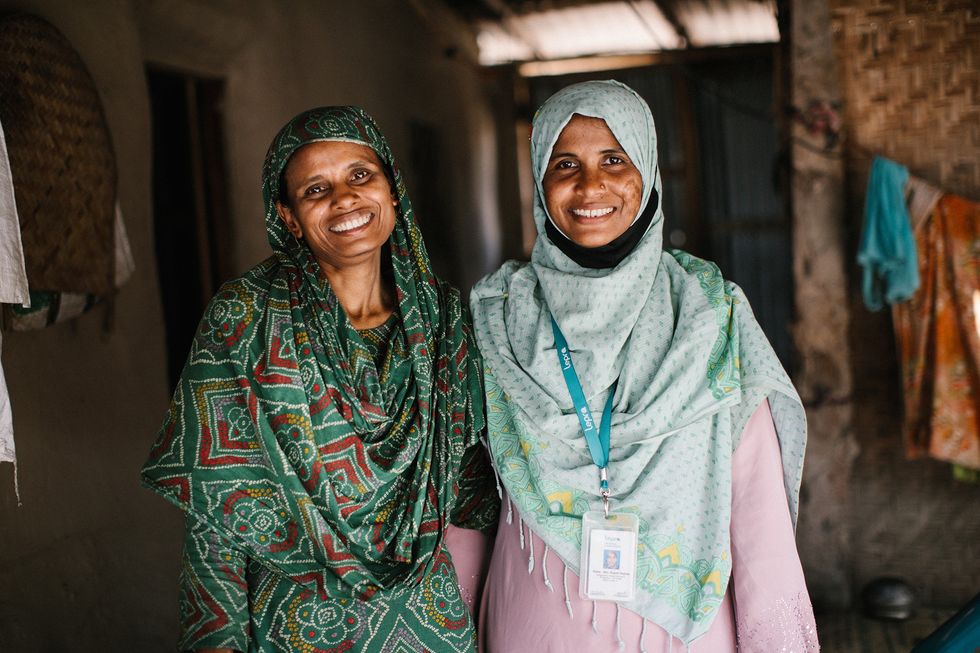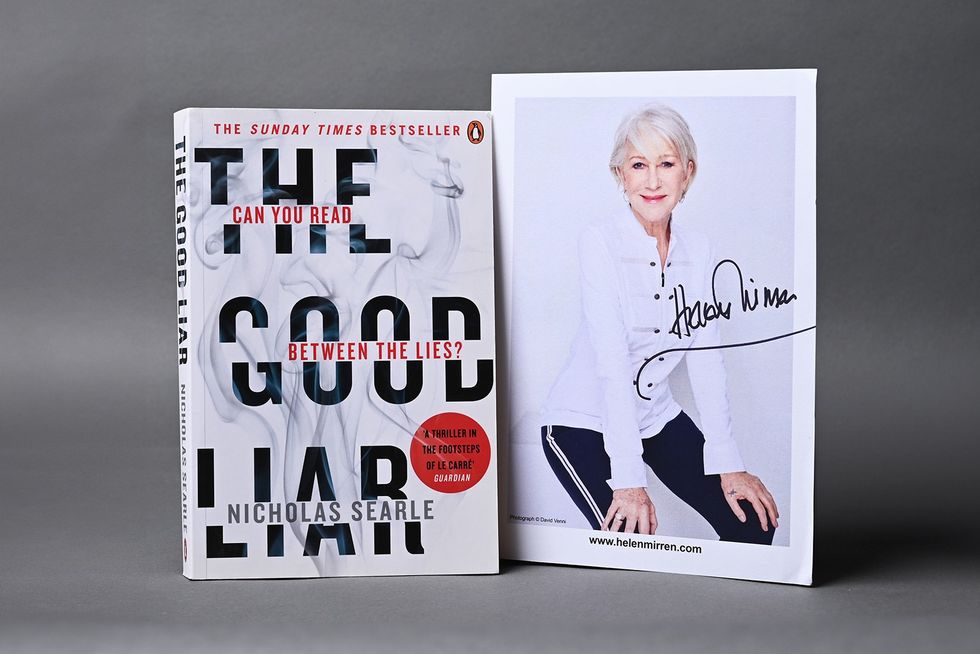by LAUREN CODLING
FOODBANKS have revealed the challenges they are facing during the coronavirus pandemic, with many admitting that they are struggling to keep up with demand.
Charitable organisations are reliant upon food donations from supermarkets and community members to help support rough sleepers and vulnerable people in need. Many operate on total donation policies and are run by volunteers.
However, the Covid-19 outbreak has brought a number of challenges which have had a major impact on people who rely on these organisations for food. Supermarkets such as Asda and Morrison’s are unavailable to distribute to foodbanks as they have had a large increase in requests from customers shopping for their groceries. This has led to many foodbanks struggling to provide their normal services.
Imran Hameed, founder of Salma Foodbank and Bearded Broz, admitted the lack of food has had a severe impact on service they can provide to those in need. Salma, a 24-hour emergency food bank which covers the West Midlands, west London and some parts of Manchester, was forced to reduce the number of hours available on their helpline as they are unable to deal with the level of requests.
“I still have a good network of people who are willing to deliver, but I don’t have the physical food to deliver,” Hameed told Eastern Eye. “I’ve got limited amount of food, hence the reason why it would be pointless leaving the lines open as we just don’t have the supplies to give out to people.”
Jahangir Khan, founder of Rukhsana Khan Foundation foodbank in Walthamstow, north London, echoed similar experiences. “The outbreak has caused a shortage of supplies from the big supermarkets which we regularly order to supply our vulnerable families,” he told Eastern Eye. “The situation is critical.”
Both Khan and Hameed agreed that many of their clients panicked about the on-going pandemic and were worried that they would go without vital supplies and food. Hameed said he spoke to elderly people who could not take their medication as they had no food and as their support carers were in self-isolation, they were unable to assist them.
Khan said people had been calling his personal number in tears, explaining they had run out of food. Some are self isolating and have asked if the foodbank can deliver to their doorstep – but unfortunately, the foundation does not currently have the facilities or the funding to do so.
Khan admitted he was concerned for those who were self-isolating and did not have access to food. “If they are self isolating, they won’t have access to food as the reason they come to foodbanks is that they don’t have money,” he said. “It will lead to a very detrimental cycle and I’m not just talking about their mental state – it could lead to deaths as they have no food and no nutrition.”
Khan has since put out requests on social media for a van to help deliver food to those in self-isolation.
Nighat Bhola, a director of Barking-based foodbank HumDum UK, also said they had been contacted by many people in distress. Bhola said the organisation was trying to reassure the community to stay calm.
“We are trying as much as possible to get all the support out there that we can,” she told Eastern Eye. The foodbank usually makes around 200 meals per week and provides takeaways for people in need – something they hope to continue with in the coming days and weeks. “What we serve is sufficient – it gives people enough food for four or five days,” she said. “We are really trying to keep up with that.”
Noor Foodbank, based in Preston, has also seen a rise in the service users since the pandemic began. They have been inundated with emails requesting food parcels in recent weeks. “This is just the beginning and we are expecting the demand to increase,” Sadiq Patel, a volunteer and one of the founder members of Noor Foodbank, told Eastern Eye.
Although Patel said the foodbank is currently well stocked, they are either very low on certain items or have run out. These include long life milk, tea, coffee, sugar, treats for children (crisps, chocolates, biscuits) nappies and baby milk.
“Unfortunately, we are unable to purchase these items due to panic buying from the public,” he said, although he noted that many people were still making efforts to donate to the charity. For instance, some Noor Foodbank volunteers are visiting major supermarkets to collect baked goods, tinned items, fresh fruit and vegetables if they are able to.
Some local providers in Preston are assisting too – halal meat suppliers Musa Group have provided Noor with fresh lamb each week and manufacturer PZ Cussons have made generous donations of toiletries to service users.
“We are very grateful of donations we receive as without these we would really be struggling to provide the varied food items,” Patel said.
Some charities have implemented a number of initiatives to support vulnerable and elderly people during the outbreak.
The Penny Appeal charity has partnered with Age UK in Bradford to provide services for the elderly and homeless through hygiene kits, food packs and financial aid. It has also launched a Listening Line to people who are isolated, anxious and lonely. Penny Appeal has urged people to donate to its Coronavirus Emergency appeal at pennyappeal.org.
Charity Nishkam SWAT have said they will be providing a free mobile langar service for those aged over 65 to bring food to people’s doorstep in parts of north and west London, as well as Swindon, Wiltshire.
















 Natural beauty and architectural splendourGetty
Natural beauty and architectural splendourGetty Peaceful waters and stone-built aqueductsLancaster Canal Trust
Peaceful waters and stone-built aqueductsLancaster Canal Trust
 Diljit Dosanjh and Prabal Gurung attend the 2025 Met GalaGetty Images
Diljit Dosanjh and Prabal Gurung attend the 2025 Met GalaGetty Images 
 Firoza and RupaliTom Bradley
Firoza and RupaliTom Bradley
